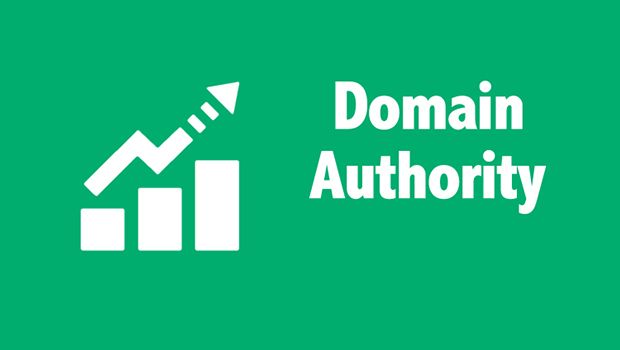Moz created the Domain Authority metric to denote the authority of all websites over the internet. Domain Authority has been an industry standard for viewing the search engine ranking status (SERP) capacity on websites. It includes websites like Google, Bing, and Yahoo. It occurred after Google stopped displaying their Page Rank results publicly.
Domain Authority- In Brief
On a scale of one to one hundred, DA is measured. A higher score indicates that the website has more authority, and any site on that domain has a greater chance of ranking. On the contrary, a low score means that the site would have to compete harder to rank with the same content.
Google does not use the domain authority metrics at all. It considers a broad range of factors, including some of the same variables as Google does but on a smaller scale. Google’s algorithm has over 200 significant rating criteria, and like any brilliant magician, they haven’t revealed all of their tricks. People would most likely use the details to rank low-quality pages if they did.
However, Google has released a few tricks. Although some have been confirmed, others are veiled in mystery or are just speculation of SEO services. Domain Authority, on the other hand, is an aspect about which we know a lot.
It is often determined by adding up the sum of inbound links and connecting root domains to get a single ranking. When you look at this statistic, you will get a sense of how well the content will do in search engines. A Domain Authority of over 60 is generally regarded as outstanding.
Page Authority and Domain Authority- What Is the Difference?
The Domain Authority (DA) metric estimates how well a website will rank in the SERPs. On the other hand, the Page Authority (PA) metric indicates how well a single web page will rank in the SERPs. It ensures that a website’s Domain Authority is determined by the total number of visits to the domain. It includes links to the home page and any internal sites.
When evaluating a website’s rating ability, Domain Authority is a valuable parameter. Sites with a higher DA would usually rate higher in the SERPs than those with a lower DA. Of course, this is a generalisation. There are other factors to consider, like how well the website is tailored for specific keywords, consistency of material on the page, and so forth.
Your website’s DA would most likely fluctuate over time. A DA of 30 today does not guarantee that you will get a DA of 30 next week. Moz’s DA and PA alerts are becoming more popular these days. Your site’s DA will typically rise over time as it acquires more backlinks and confidence. However, if you lose backlinks or Moz changes their algorithms that measure the DA metric, your DA can drop.
Can Domain Authority Affect Your Google Ranking?
To begin with, Google is another company that wants to provide the best possible SEO services to its clients. This entails directing those clients to the most reliable and vital websites available. The criteria used to define a successful Domain Authority are programmed to function in the same way as Google’s algorithm. This is to classify reliable websites, and a higher score usually means a higher rating.
Although the link metrics for your domain account for a large portion of Google’s ranking algorithm, they are not the only element. Websites with higher Domain Authorities than their own often outrank other websites with lower Domain Authorities. However, domain relation metrics are still regarded as the most relevant rating signal.
How to Find Out Your Domain Authority?
Finding out your domain authority is very easy and free. You need to go to the open site explorer option of MOZ and enter your URL. You will use simple analytics if you sign up for Moz for free, but the premium edition would give you more insight into how your scores were measured. You can also find out your digital marketing domain.
The typical Domain Authority ranges from 40 to 50, with anything between 50 and 60 being considered excellent. Over 60, it is deemed to be outstanding. There aren’t many pages that get any higher than 60.
Only keep in mind that, although Moz’s metrics are helpful and count, yet they don’t state the entire picture and aren’t entirely reliable. For example, Moz would consider the number of inbound links to your site when determining your Domain Authority. However, you can note a difference between this data and data from other sources, such as Search Console.
How to Improve Your Domain Authority?
Your priority for domain authority should always be to earn the best links back to the site. The number of inbound connections and the nature of the websites are used to determine a domain’s reputation and trustworthiness. These links remind Google that your website contains valuable knowledge worth connecting to, posting, and discussing.
That’s why content management, blogger outreach, news releases, and social media are vital for link building. It’s also critical to review your connections daily and remove any poor spam backlinks that could affect your spam ratings. If you have one of these toxic connections, the first things you can do are, email the linking group and respectfully insist that the connection be removed. You’ll have to disavow it in Search Console if they deny or don’t react.
The relation metrics that go into determining your Domain Authority score are just a few of the hundreds of ranking criteria that Google considers. However, they will significantly affect your ranking in search engine results pages and digital marketing.

